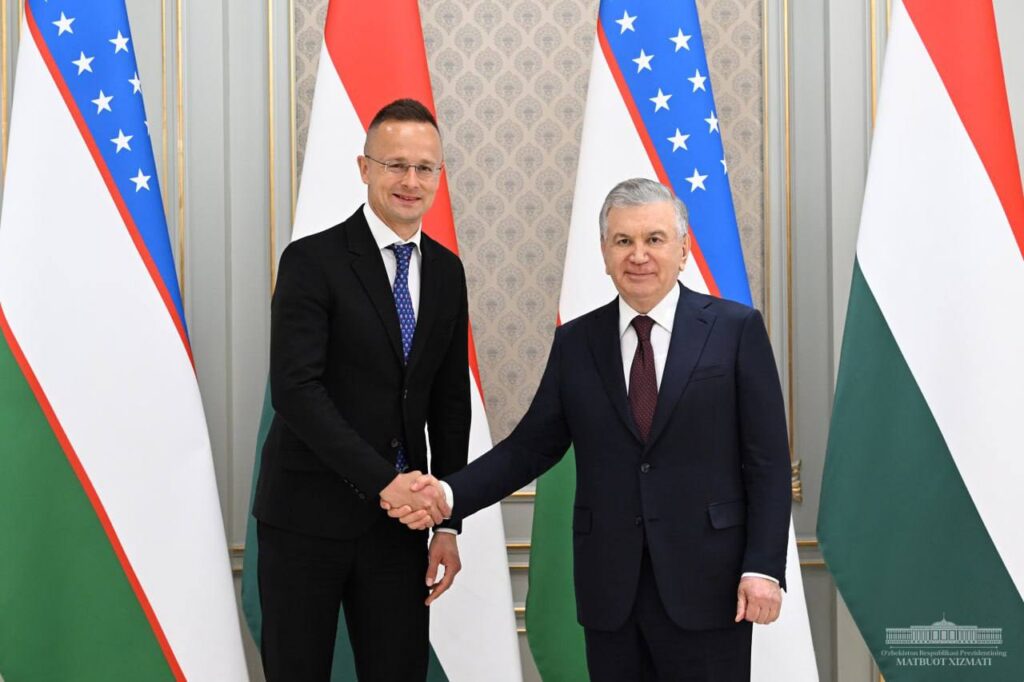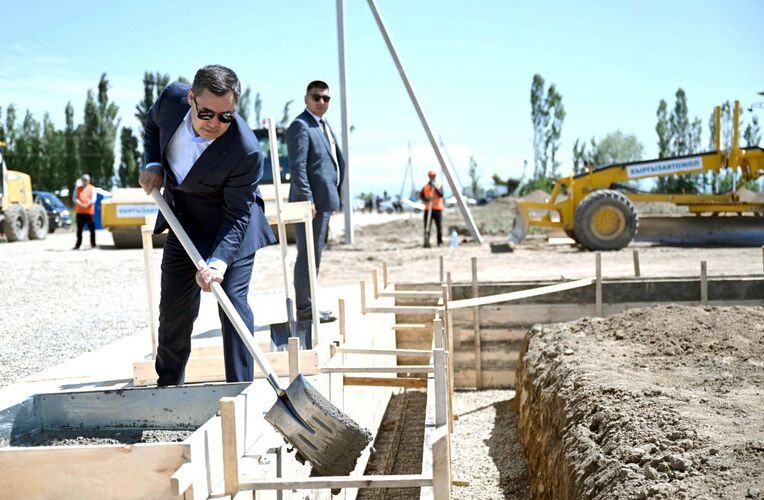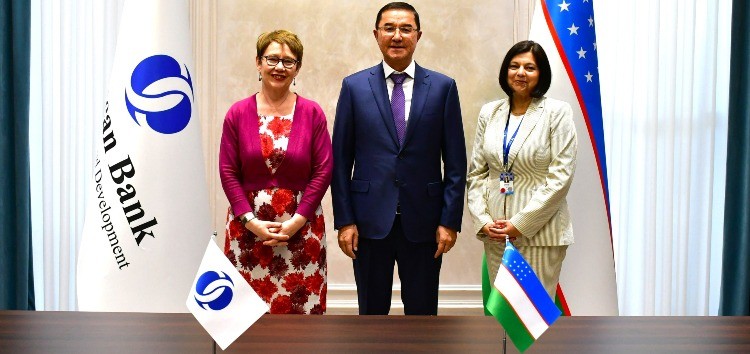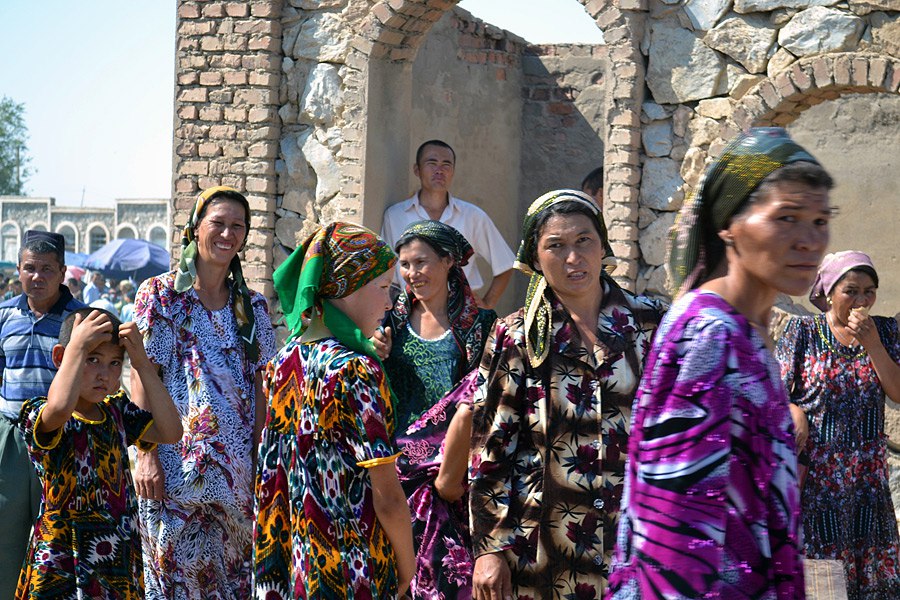Uzbekistan and Hungary Expand Economic Cooperation
On May 7, President of Uzbekistan Shavkat Mirziyoyev received the Minister of Foreign Affairs and Trade of Hungary, Peter Szijjártó at the 9th meeting of the Uzbek-Hungarian Intergovernmental Commission on Economic Cooperation in Taskent. Focus was placed on cooperation on projects in industry, pharmaceuticals, agriculture, fish farming, logistics, and real estate construction, with added emphasis on the importance of accelerating the launch of a special economic zone for projects conducted by Hungarian and European companies in the Tashkent region. Co-chaired by Peter Szijjártó and the Minister of Investment, Industry and Trade of Uzbekistan Laziz Kudratov, the meeting also addressed the further development of cooperation in investment, industrial, trade and economic, banking, cultural and humanitarian sectors. It was stated that over the past 5 years, Uzbek-Hungarian trade turnover has doubled and in the first quarter of 2024 alone, bilateral trade grew six-fold compared to the same period in 2023. Measures to increase bilateral trade include the launch of “Meet Uzbekistan” programs to promote Uzbek products in Budapest’s large retail chains, as well as the organization of roadshows for Uzbek manufacturers in Hungary’s largest cities. Both sides stressed the importance of diversifying transport routes, liberalizing permits for bilateral and transit transportation, resuming direct flights between Tashkent and Budapest, and organizing a logistics hub for Uzbek products in Hungary. Note was made of Hungarian companies’ implementation of projects worth almost $500 million in Uzbekistan, and thanks expressed for Hungary’s provision of a state scholarship ‘Stipendium Hungaricum’ which enables some 300 Uzbek students to study at its universities.






